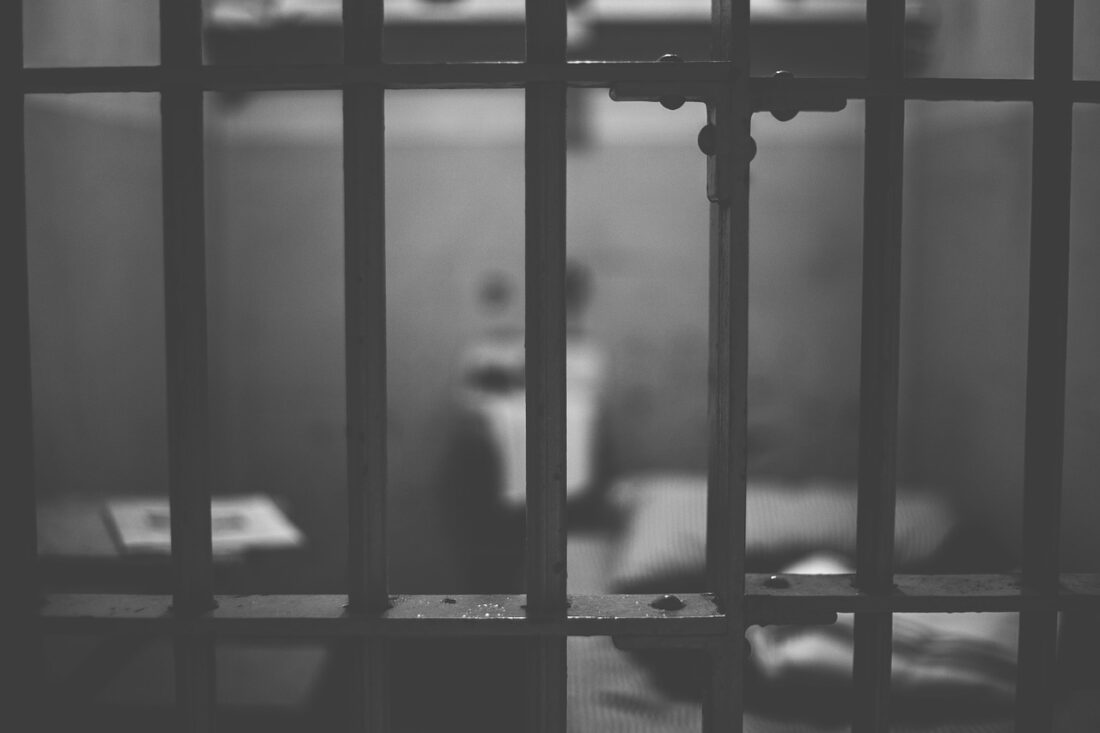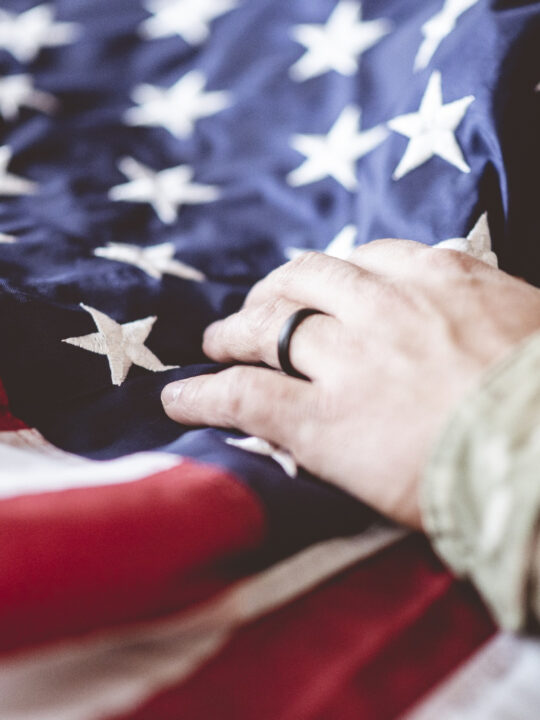 Bail is money that a defendant, or someone on their behalf, pays to the court in exchange for the defendant’s release from jail. The court holds this money as a guarantee that the defendant agrees to show up for court when ordered. If you post the full cash bail to the court and then attend all required court appearances, you can get this money back.
Bail is money that a defendant, or someone on their behalf, pays to the court in exchange for the defendant’s release from jail. The court holds this money as a guarantee that the defendant agrees to show up for court when ordered. If you post the full cash bail to the court and then attend all required court appearances, you can get this money back.
Table of Contents
How Bail is Set
Bail is set by a judge. The amount is dependent upon the severity of the crime of which the defendant is accused. In most cases, instead of having a judge set your bail specifically, you will be able to pay a standard amount for your alleged crime. This enables jails to bail people out much faster, rather than requiring them to wait to appear before a judge. If the bail amount is too high for you to afford, you can ask a judge to set it lower, but you’ll have to wait to see the judge to do this.
The eighth amendment to the U.S. Constitution requires that bail not be of an “excessive” amount. In practice, what qualifies as excessive is very debatable, and judges will set bail that is too impossibly high for most defendants to be able to pay, thus requiring them to remain in jail until the trial is complete. This will usually happen in cases of very serious crimes like murder. It is also possible that a judge will refuse to allow bail, if the defendant is presumed to be a flight risk.
Paying Bail
Bail can be paid in a few ways.
- The defendant may pay cash or check for the full amount.
- The defendant may put up property that is worth the same or more than the amount of bail as collateral.
- The defendant can pay a bail bondsman to put up the full amount of bail in exchange for paying some fraction, usually 10%. This means you can get out of jail for much less money, but you won’t get it back once your case is over, because you paid it to the bail bondsman as a fee. Bail bondsmen may also require property as collateral if the bail amount is high enough.
- It is possible for a defendant to be released “on their own recognizance”, which means they can simply promise to show up in court rather than being required to pay bail. This will only happen if the judge is reasonably sure that you will show up to your required court appearances and won’t flee, which probably means you live in the community and have family members there, you have a job, you have a very minor or nonexistent criminal record, and if you’ve previously been charged with crimes, you’ve shown up in court as required.
Conditions of Bail
Defendants may be required to comply with certain restrictions as a condition of being released on bail. These commonly include requirements like obeying the law, not using drugs or alcohol, not being in possession of any weapons, keeping a job, or following a curfew. In domestic violence or assault cases, the defendant may be required to stay away from the victim or their places of residence and employment. Some wealthy defendants, or those with strong ties to foreign countries, may be required to surrender their passport to ensure they can’t flee the country before trial.
If you’ve been arrested in Orlando, the first thing you should do after posting bail is to contact criminal defense lawyer Parikh for an experienced trial lawyer to defend you in your case.







